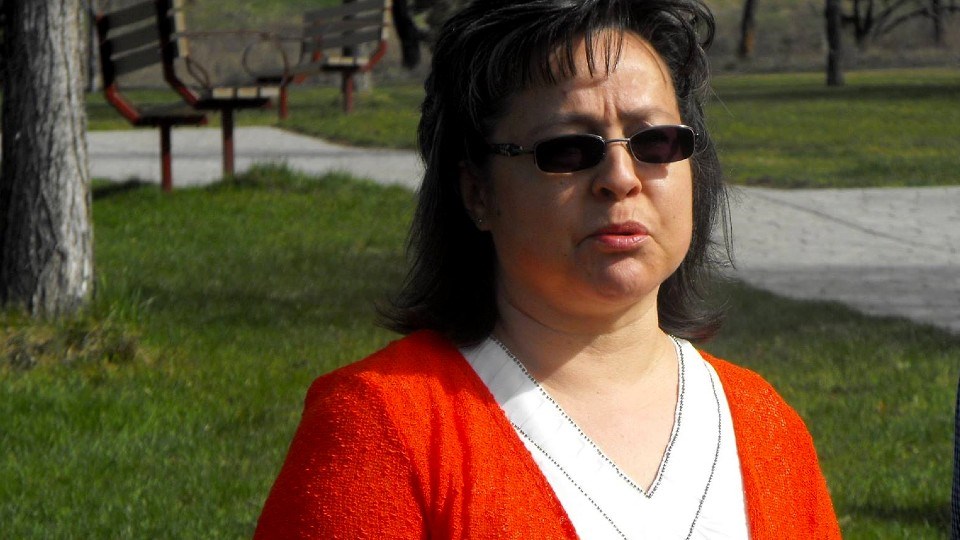This year will mark the first time that the National Day for Truth and Reconciliation, Sept. 30, will be a federal holiday — though not a provincial one in Ontario. But it is far from the first time that the day has held significance for Indigenous people and non-Indigenous as well.
Sept. 30 is also known as Orange Shirt Day, which also honours the generations who suffered in the residential school system, but after the events of 2021 — from the remains found on the site of a former residential school Kamloops to the thousands that have now been received from across the country — the federal government elevated the day for national recognition.
And while there will be all types of observances across the province, one colour, one shirt, will be a constant.
Orange Shirt Day was first observed in 2013 as a way to educate and promote awareness of the trauma and suffering that survivors of the residential schools endured, and still do. The wearing of the orange shirt is thanks to Phyllis (Jack) Webstad.
When Webstad was six years old, she was sent to the St. Joseph Mission school near her home on Dog Creek Reserve (now Stswecem’c Xgat’tem First Nation or SXFN) near the Fraser River in British Columbia. In her telling (as told to OrangeShirtDay.org) she recalls her excitement at going to the store to pick out a new shirt for school — shiny and orange, with a lace up front.
The shirt was taken from her that first day at the mission school, with all of her other clothes and she never saw the orange shirt again. In the story, she stated “the colour orange has always reminded me of that and how my feelings didn’t matter, how no one cared and how I felt like I was worth nothing. All of us little children were crying and no one cared.”
But she wanted that to change, and now, on Sept 30, people across the country will be wearing orange in honour of all those children who felt worthless; and for all those still struggling with these feelings.
In her story, she recalls having her son when she was in Grade 8, just 13 years old, and being unable to turn to her grandmother or mother, as they too had been to residential schools and had no idea how to parent. She stated that after she went to a treatment centre and as she works through her pain, “Even now, when I know nothing could be further than the truth, I still sometimes feel that I don’t matter.”
To ensure that no other Indigenous person feels that way, events honouring both the National Day for Truth and Reconciliation and Orange Shirt day are happening across the country.
To honour the survivors of the residential school that was once on the grounds of Algoma University, the Shingwauk Residential Schools Centre (SRSC), Anishinaabe Academic Resource Centre and the Shingwauk Anishinaabe Students’ Association of Algoma University are partnering to host a virtual event that will be accessible to all. You can find the detailed list of virtual events here.
A 24-hour national residential school crisis line to support former students and their families is available at 1-866-925-4419.
